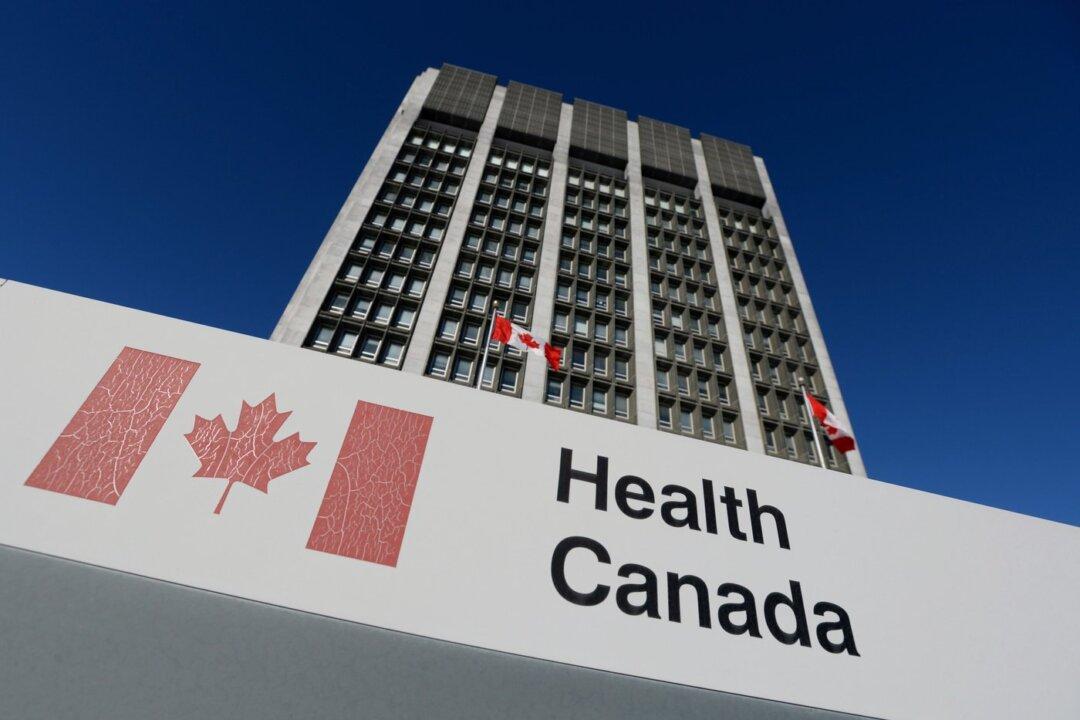A senior Health Canada official says pharma giant Pfizer made a conscious decision not to advise regulators that its mRNA COVID-19 vaccine contained a DNA sequence from the Simian Virus 40 (SV40).
This information appears among multiple emails between staff from key drug regulators, including Health Canada (HC), the U.S. Food and Drugs Administration (FDA), and the European Medicines Agency (EMA). The information was obtained through an access-to-information request.






